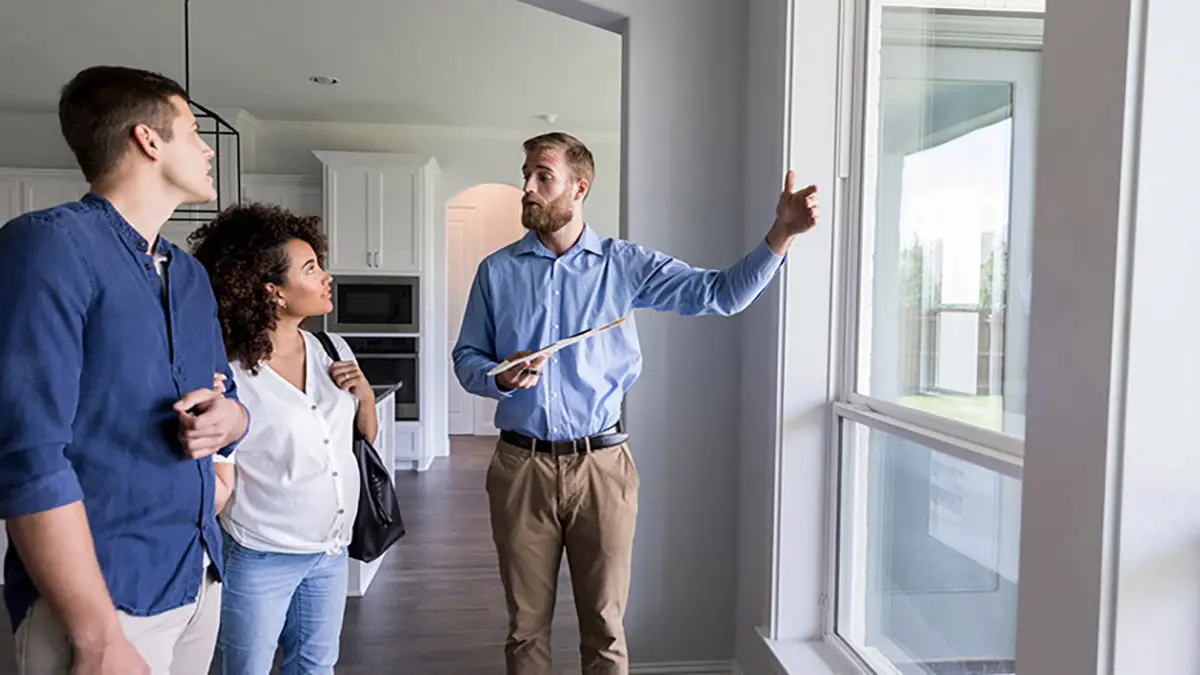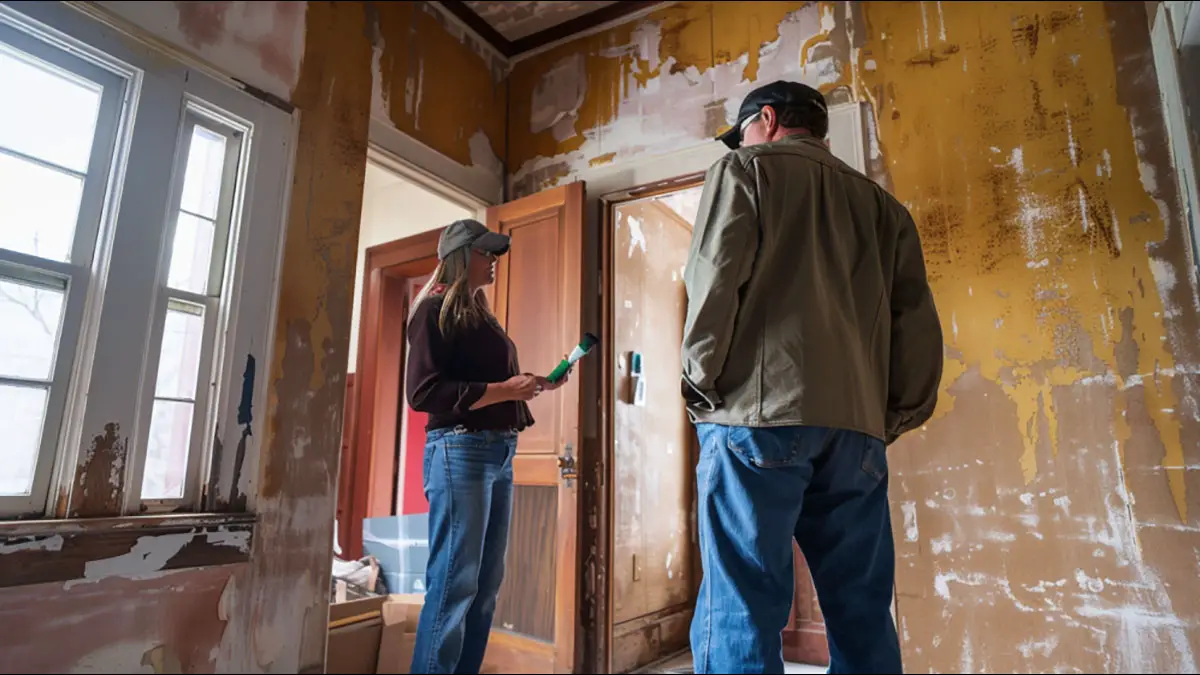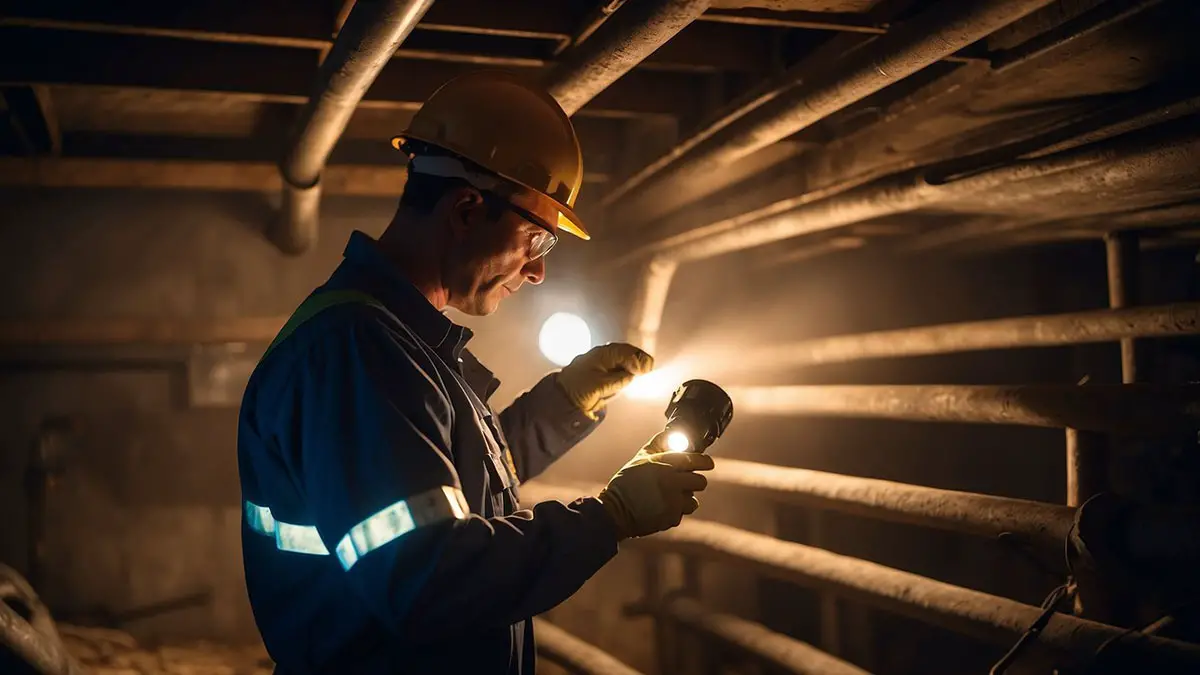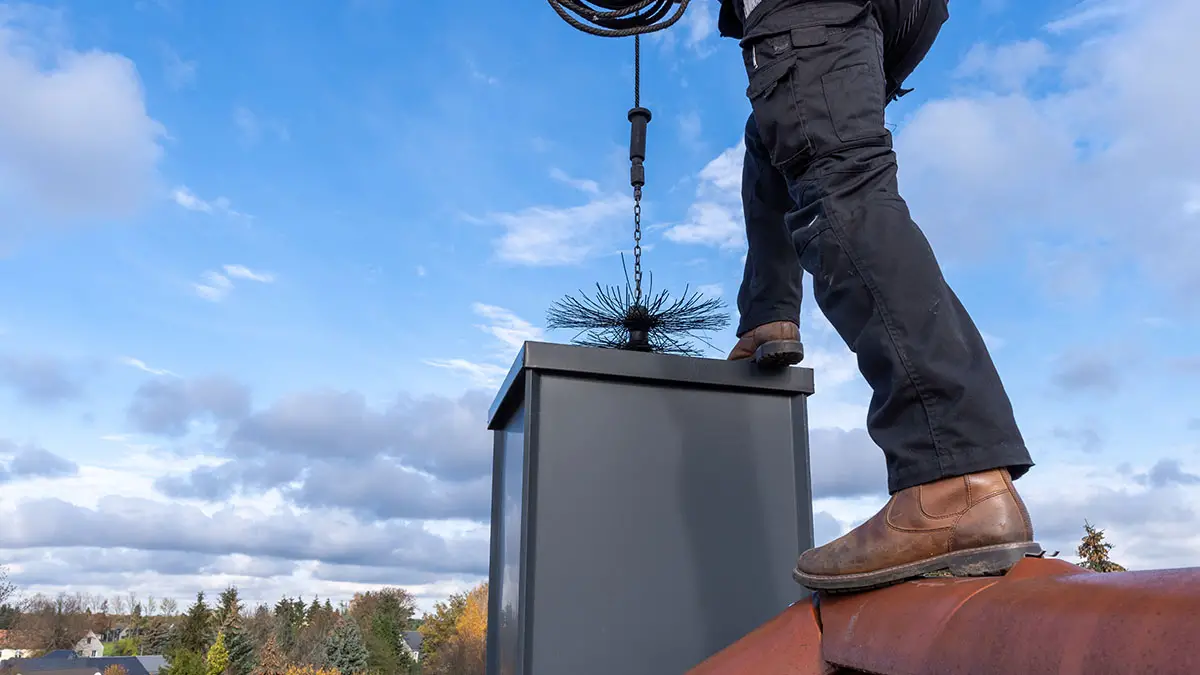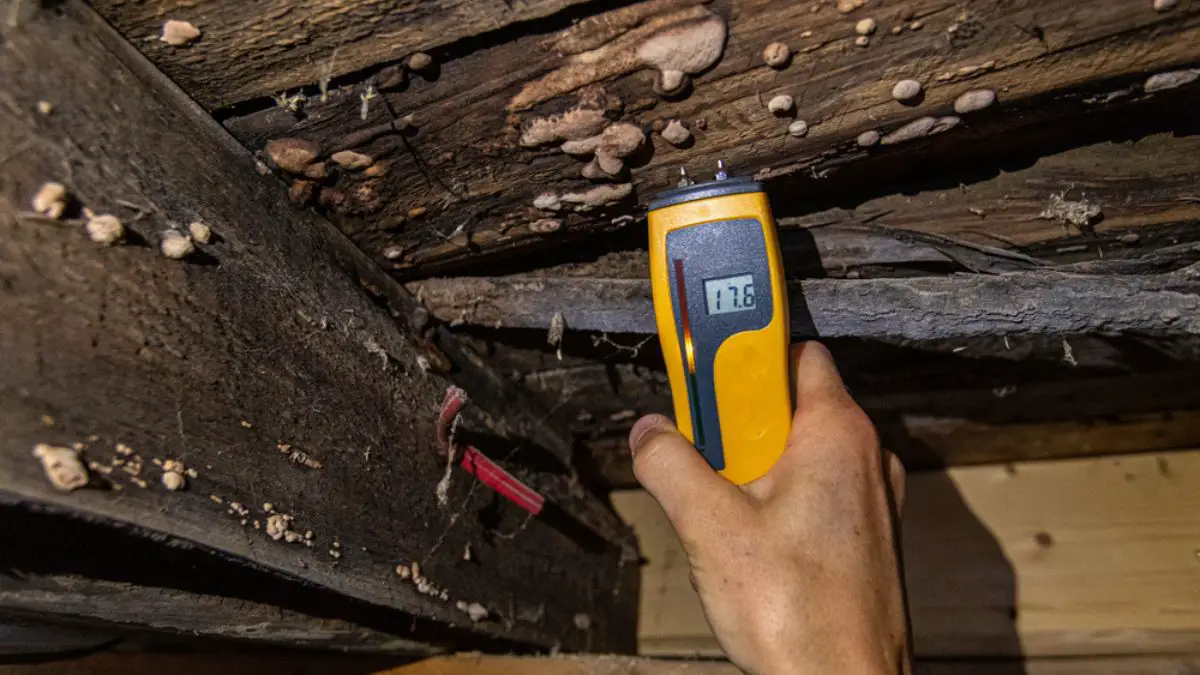When it comes to the validity of a home inspection, including “How Long is a Home Inspection Good For?”, several factors come into play. Although there isn’t a specific expiration date for a home inspection period, it’s crucial to recognize that its relevance diminishes over time.
Many home inspection companies will emphasize that the inspection is valid only until they leave the property, and to some extent, they are right. However, most home inspection agreements typically cover missed structural defects for 6 to 12 months or longer.
Although the inspection report offers valuable insights into the property’s condition during the inspection, including a potential impact on closing costs, it’s crucial to recognize that circumstances can change. Significant alterations to the property or unfavorable weather conditions can impact its condition.
That’s why it’s advisable to have new pre-listing inspections approved by your mortgage lender if noteworthy changes, adverse weather events, major defects, the potential impact on closing costs, or the need for repair credit has occurred.
Home inspections provide a snapshot of the property’s condition at a specific time, serving as a valuable tool for decision-making. However, it’s essential to remain aware that a home inspection is not a guarantee against future issues.

What is a Home Inspection?
Let’s start by defining what a home inspection is. Picture it as a health check-up for a house. A certified home inspector conducts a thorough examination of the property to assess its condition. This isn’t just a quick walk-through.
Your real estate agent will advise you how a home inspection, including potential repair credit, is an essential part of the home-buying process. It’s your opportunity to see beyond the surface to understand what’s going on with the property. It’s about making an informed decision and ensuring that your investment is a sound one.
Now, you might be wondering, what exactly does a home inspection, including the potential impact on closing costs and the Inspection Contingency Clause, cover? The answer is a lot! Here’s a glimpse into the key areas that a comprehensive home inspection typically includes:
- Structure: The home inspector checks the foundation, walls, and roof for signs of damage or other major issues.
- Exterior: This includes the condition of the siding, outdoor structures, and landscaping.
- Roofing: The experienced inspector looks at the overall condition of the roof, including the shingles, gutters, and any signs of leaks.
- Plumbing: The home inspection process includes checking the pipes, drains, water heater, and potential water damage.
- electrical: The inspector reviews the electrical system, including the wiring, outlets, and circuit breakers.
- HVAC: The heating, ventilation, and air conditioning systems are all part of the home inspection checklist.
- Interior: This includes the condition of the windows, doors, floors, and ceilings, as well as any appliances included in the sale price.
Summary
A home inspection is a thorough assessment of a property’s condition conducted by a certified inspector. It provides valuable insights into hidden issues. It covers key areas such as structure, exterior, roofing, plumbing systems, electrical, HVAC, and interior. A home inspection is crucial for making an informed decision and ensuring a sound investment in real estate inspections.
How Long Does a Home Inspection Last?
You’re probably wondering, “How much time should I set aside for a home inspection, including the potential impact on closing costs?” Well, the duration of a standard home inspection can vary significantly. It depends on several factors:
- Size of the Property: Naturally, a larger home takes longer to inspect than a smaller one. A sprawling mansion with multiple bedrooms and bathrooms will require more time than a compact city condo.
- Age of the Home: Older homes often have more major issues than newer ones, extending inspection time.
- Condition of the Home: A well-maintained home will generally take less time to inspect than a property in poor condition.
- Scope of the Inspection: If you’ve requested additional services such as radon testing or termite inspection, the process will take longer.
What You Should Know
The duration of a home inspection can vary based on factors such as the property’s size, age, condition, and the scope of the inspection. Generally, a home inspection lasts between two to four hours, but it’s advisable to consult with the inspector for a more precise estimate.
How Long is a Home Inspection Good For?
Now, let’s talk about the validity of a home inspection. You might think that once a home inspection is done, it’s good forever. But that’s not the case. A home inspection is a snapshot of the home’s condition at a specific point in time.
Several factors can affect the validity of a home inspection:
- Changes in the Property: If significant changes or renovations have been made to the property after the inspection, the report may no longer be accurate.
- Time: Over time, new issues can arise that were not present during the inspection.
- Weather Conditions: Severe weather conditions can cause damage to the property that was not present at the time of the inspection.
In general, it’s a good idea to consider a home inspection report as being relevant for about six months. After that, it may be wise to have a new inspection, especially if there have been significant changes or adverse weather conditions. Remember, a home inspection is about ensuring that your investment is sound, both now and in the future.
Summary
A home inspection report is typically considered relevant for about six months, as changes in the property and time can affect its accuracy. Severe weather conditions can also impact its validity. It’s advisable to schedule a new inspection if significant changes occur or if more time has passed to ensure the report remains up to date.

Understanding Inspection Contingencies
When it comes to buying a home, including during the Inspection Contingency Period and potential impact on closing costs, inspection contingencies play a crucial role in protecting your interests. Let’s dive into these contingencies, why they are important, how they work, and how they can help you negotiate repairs and remedies based on inspection findings.
What are Inspection Contingencies?
- Inspection contingencies are specific conditions included in the purchase contract that gives you the right to conduct a thorough inspection of the property before finalizing the deal.
- These contingencies allow you to uncover any potential issues or defects that may not be immediately apparent and provide a way to address them before committing to the purchase.
Importance of Including Inspection Contingencies in the Purchase Contract
- Inspection contingencies allow you to evaluate the property’s condition and ensure no hidden surprises.
- They provide protection, allowing you to negotiate repairs, request remedies, or even back out of the contract if significant issues are uncovered during the inspection.
How Inspection Contingencies Work
- Once the purchase agreement contract is accepted, you typically have a specified timeframe to conduct the home inspection contingency period.
- During this period, you hire a professional home inspector to thoroughly examine the property, identifying potential issues or areas of concern.
- The inspection report becomes the basis for negotiation, enabling you to request repairs, replacements, or even a price adjustment based on the findings.
Negotiating Repairs and Remedies Based on Inspection Findings
- Armed with the inspection report, you can negotiate with the seller to address any deficiencies found during the pre-listing home inspection.
- You can request repairs to be completed by the seller or ask for a credit or reduction in the purchase price to compensate for the necessary repairs.
- In some cases, you may decide that the issues uncovered are significant enough to warrant backing out of the contract altogether.
Summary
Inspection contingencies are essential in home buying, allowing thorough property inspections before finalizing the purchase. They provide protection, negotiation opportunities, and remedies based on findings. With inspection reports, potential buyers can request repairs, replacements, or price adjustments.
Why Might You Need a New Home Inspection?
As time goes by, circumstances can change, and so can the condition of a property. That’s why there are situations where you might need a new home inspection, even if you’ve already had one before. Here are a few reasons why:
- Changes in the Property Condition: If you’ve made significant renovations, additions, or repairs to the property since the last inspection, it’s essential to have a new pre – Inspection. This ensures that the updated condition of the property is accurately documented.
- Changes in Home Inspection Standards: Home inspection standards and practices can evolve. What might have been acceptable in the past may no longer meet current standards. By getting a new inspection, you can ensure that the property meets the latest requirements.
- Time Lapse: The longer the time between the previous inspection and your current situation, the greater the chance that new minor issues have emerged. To have the most up-to-date information about the property’s condition, a new inspection period is recommended.
By getting a new home inspection when necessary, including when there are potential structural issues or concerns related to building codes, you can have peace of mind knowing that you have the most accurate and current information about the property you’re interested in.
The Role of Home Inspectors
Now, let’s talk about the crucial role of home inspectors. These skilled professionals play a vital part in the home inspection process, providing you with valuable insights and peace of mind. Here’s what you need to know:
- Qualifications of a Home Inspector: A competent home inspector possesses knowledge, experience, and certifications. Look for someone who is certified by a reputable organization and has extensive experience in the field. These professionals have a keen eye for detail and a thorough understanding of home construction and systems.
- What to Expect from a Home Inspector: When you hire a home inspector, you can expect a comprehensive property examination. They will meticulously inspect the structure, exterior, roofing, plumbing systems, electrical systems, HVAC, and interior components. A thorough inspection will take time, but it’s worth it to ensure that no stone is left unturned.
The home inspector will provide a detailed report highlighting any safety issues or concerns with major systems they discover during the inspection. This report serves as a roadmap for addressing necessary repairs or negotiations with the seller.
Take your inspection to the next level. Visit this website to discover a qualified inspector: Find An Inspector
How Long Is a Home Inspection Good For FAQs
How long does a home inspection take?
The duration of a home inspection, including potential requirements from your mortgage lender and examination of structural components, can vary depending on the size, age, and condition of the property. On average, it takes around two to four hours.
How long is a home inspection report valid?
A home inspection report is a snapshot of the property’s condition at a specific point in time. While it has no expiration date, its relevance decreases over time. Consider it valid for approximately six months.
Should I be present during the home inspection?
It’s highly recommended to be present during the home inspection. This allows you to ask questions, gain a better understanding of the property’s condition, and address any concerns directly with the inspector.
Can a home inspection uncover all potential issues?
While a home inspection is thorough, it’s important to note that it’s a non-invasive examination. Some issues might be hidden or require specialized inspections (e.g., mold, pests). It’s advisable to consider additional inspections if needed.
Can a home inspection kill a deal?
A home inspection is not meant to kill a deal but rather to provide you with essential information about the property. It lets you make an informed decision and negotiate repairs or adjustments if necessary.
Conclusion
As you navigate the intricate home buying process, including potential repair credit and the closing process, understanding the ins and outs of a home inspection becomes crucial. Let’s take a moment to recap the essential points we’ve discussed.
A home inspection, facilitated by a real estate agent and often required by a mortgage lender, is a critical step in home buying or selling. It provides a comprehensive understanding of the property’s condition and helps you make informed decisions.
By hiring a qualified home inspector and being actively involved in the inspection, you can ensure that your investment is protected and your future home is safe and sound. Remember, a professional home inspection is your ally in finding your dream home.
Understanding the duration and validity of an average home inspection time is essential in making an informed decision and ensuring a sound investment in real estate. It’s not just about ticking off items on a checklist; it’s about ensuring your future home is a safe, secure, and worthwhile investment.



